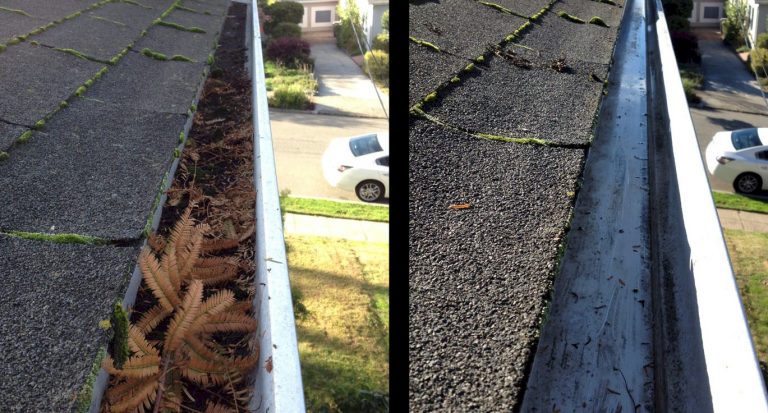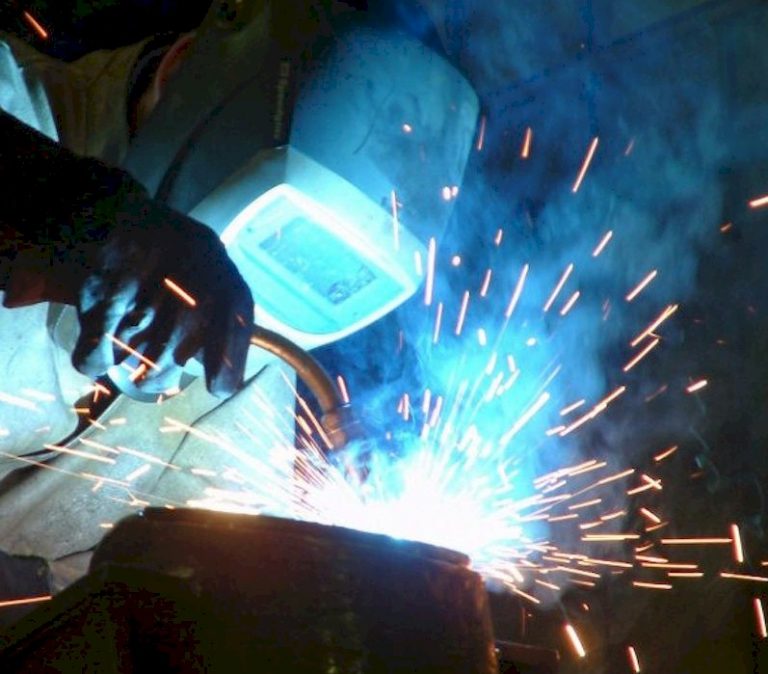If you’d like to know more about fine dust vacuums that can make you compliant with silica dust extraction, give us a call on 09 520 1115, or text 021 723 999, you can also email us on [email protected] and don’t forget to check out our parent site vacuum.co.nz for a full range of commerical and industrial vacuums for your business.
Silica dust is a big problem for many New Zealand businesses. We have a variety of solutions available – call today.
Silica Dust
Silicosis is a progressive and deadly disease that causes fibrosis of the lungs from the inhalation of respirable crystalline silica (RCS) dust.
As a PCBU, you have a duty to eliminate, or use controls to minimise worker exposure to the hazard of, and risks from, RCS dust.
Respirable crystalline silica dust
Silica is a natural substance found in concrete, bricks, rocks, stone (including artificial or engineered stone found in composite kitchen benchtops), sand and clay. RCS dust is created when materials containing silica are cut, ground, drilled, sanded, polished or otherwise disturbed. RCS particles are extremely small; they can’t always be seen with the naked eye.
How workers can be exposed to RCS dust
Workers in the following industries or who work with the following materials are most at risk of being exposed to RCS dust:
- quarrying
- roading
- foundries
- construction: concrete, stone, bricks, mortar, fibre cement products
- manufacturing of concrete, bricks and tiles
- kitchen benchtop manufacturing (natural and engineered stone), finishing and fitting
- abrasive blasting
- monumental masonry work
- mining
- concrete drilling, cutting, grinding, fettling, mixing, handling, dry shoveling, tunneling.
Health effects of exposure to RCS dust
Workers may develop the following lung diseases from breathing in RCS dust:
- Silicosis: scarring of lung tissue resulting in shortness of breath. May continue to develop even after exposure to RCS dust has stopped. The effects of silicosis are permanent. There are three types of silicosis:
— acute silicosis: may occur after exposure of less than a year to very large amounts of RCS dust
— accelerated silicosis: may occur after exposure to large amounts of RCS dust over a shorter period of time, typically 3 to 10 years. Has been seen in workers from the artificial/engineered
stone kitchen benchtop industry
— chronic silicosis: typically results from exposure to RCS dust over more than 20 years. - Lung cancer: may occur in workers exposed to high levels of RCS dust over a long period of time.
- Chronic obstructive pulmonary disease (COPD): a chronic lung condition that can lead to breathing difficulties such as emphysema in workers exposed to high levels of RCS dust over a long period of time.
- There is some evidence that exposure to RCS dust may also cause kidney disease.
More from WorkSafe New Zealand here.
8 key things for workers to know controlling silica dust in the workplace






